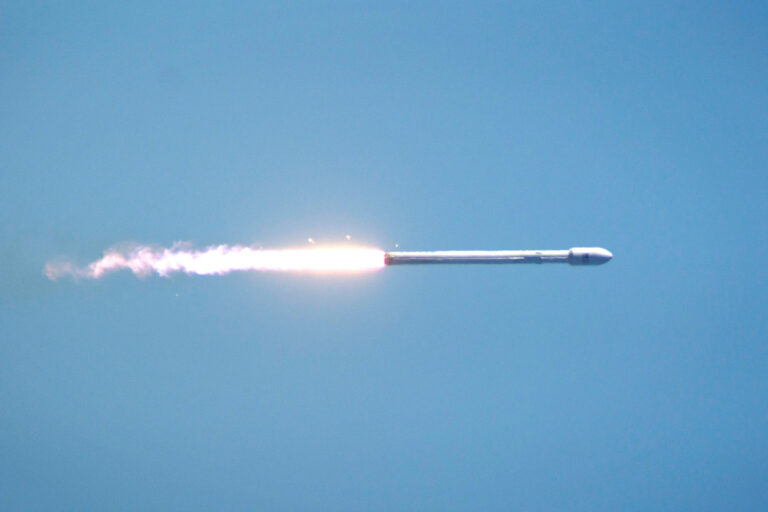Sperm can survive up to 200 years in space, a recent study finds

A recent study published in the scientific publication Science Advances has found that mouse sperm, freeze-dried for almost six years onboard the International Space Station, did not have any DNA damage and was able to produce healthy offspring in outer space. The findings, according to experts, give further evidence that mammals—including humans—can reproduce in space.
The news is even more promising for the next stage of intergalactic human evolution when combined with other experiments which exposed mice sperm to X-ray radiation. The study further suggests that mammalian sperm cells could be preserved aboard the International Space Station for a whopping 200 years.
Until recently, modern experiments by NASA on the cancer risk model for space radiation was based upon data from survivors of the Hiroshima and Nagasaki atomic bombings and “not real experiments in space,” a team from the University of Yamanashi said. Until now, researching the impact of space radiation on Earth has come with significant caveats.
Due to the complex mixture of different types of radiation in space, they say experiments assessing DNA damage on Earth alone cannot capture the true realities of conditions beyond our atmosphere. While scientists have compiled hoards of extensive research on the exposure of outer space radiation to the damage of DNA in cells—resulting in mutations in offspring—this particular research has faced significant hurdles due to the lack of freezers onboard the International Space Station. In an attempt to overcome these challenges, scientists freeze-dried the samples of mice sperm in small, lightweight capsules which were then transported to the Space Station by rocket—negating the need for a freezer on board altogether.
Sayaka Wakayama, a scientist involved in the team from the University of Yamanashi, told The Independent, “There are many different types of radiation flying around in space, unlike on the ground. For example, there are heavy ions, protons, and electromagnetic waves from solar flares. It is difficult to irradiate and reproduce all of these types of radiation at the same time on the ground, so I think that DNA damage in biological samples can only be measured in space.”
What actually went down, or rather up?
Researchers periodically tested small portions of the mice sperm sample—a batch returning to Earth from the International Space Station after nine months, another returning after two years and nine months and a final one after five years and ten months.
After returning to Earth, the samples were tested to measure how much radiation they had absorbed, performing tests to assess the DNA damage in cell nuclear. Ultimately, even the last freeze-dried sperm sample, which had been in long-term orbit, did not display any radiation damage to the DNA.
In her interview with The Independent , Wakayama added: “The total amount of space radiation absorbed by the ISS, as measured by the Japan Aerospace Exploration Agency (JAXA), was 0.41 milli Gray (mGy) per day. The results of X-ray irradiation experiments on the ground showed that freeze-dried sperm can withstand up to 30 Gy. Freeze-dried sperm can [still] produce the next generation when irradiated with up to 30 Gy of X-rays.” The typical radiation dose for treating cancers, in comparison, ranges from 60 to 80 Gy.
The successful birth of the first “healthy space pups”
On returning to Earth, scientists de-iced and rehydrated the sperm cells that were once in outer space. When injected into fresh ovary cells and transferred into female mice, they were able to give birth to “healthy space pups,” the study noted.
A total of 168 pups were born from the once-in-outer-space sperm cells. All of the mice showed no abnormalities in appearance or generic activity patterns compared to their control group. The study added that “although there are differences between DNA damage from X-rays and space radiation, it can roughly predict that freeze-dried sperm can be preserved on the ISS for over 200 years.”
The implication of this breakthrough in scientific discovery is, quite literally, a sci-fi fanatic’s wet dream. Perhaps it could be the key to getting our future generations off this increasingly-heated big rock floating through space—allowing humanity to populate even more of the Universe. Whether that’s fair to the other sentient beings living in our Universe is up for debate. After all, we do have a bad tendency to mess everything up. That being said, scientists, like the ones at Yamanashi, hint that more research from similar onboard experiments could shed light on the effects of radiation in space and give us an important understanding of how life forms can withstand long-duration stays in space.




